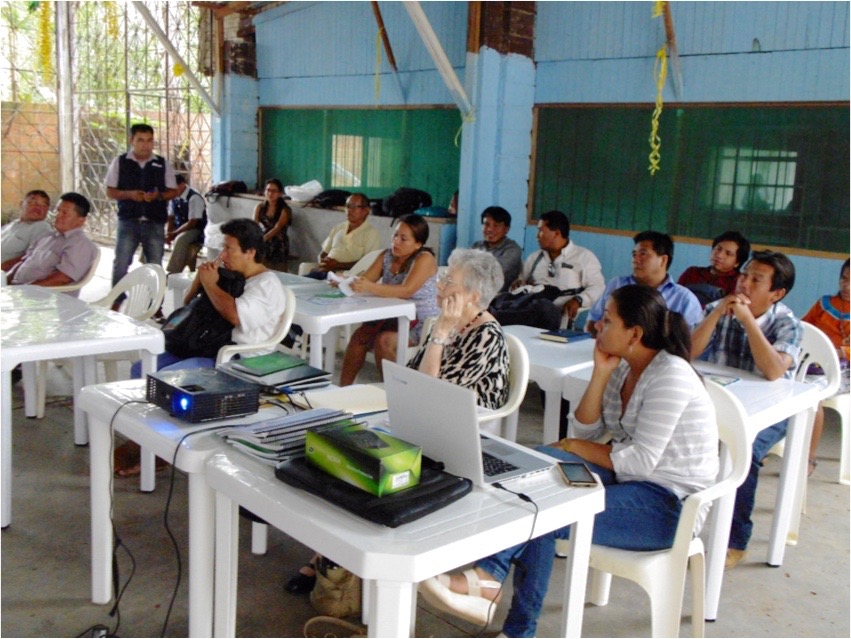Our consultants see first hand the benefits of local teachers being equipped with quality mother tongue classroom materials.
According to Carolyn Adger, a Senior Fellow at the Center for Applied Linguistics and SIL LEAD consultant, “Research shows the value of teaching children to read in their mother tongue. Less recognized is the systemic value of preparing materials for mother tongue literacy.”
Dr. Adger recalls from her time in Uganda last year as an SIL LEAD Consultant that, “a member of the Grade 3 Runyoro Rutooro writing team in Uganda reported that when she finally saw the printed pupil book and teacher guide that her team had produced, she was overwhelmed with pride in what we cherished most: the stories that resulted from their six weeks of enormous work writing instructional materials.” When the teachers are trained on using the materials they produced, and Dr Adger said, "It’s my prayer that they too fall in love with this material."
Dr. Adger goes on to note that, “As a teachers college instructor and administrator, this team member will be preparing teachers and collaborating with colleagues and other speakers of her language for years. Each one who participates in planning, preparing, and using high quality mother tongue materials is a potential link in sustaining the mother tongue literacy network that nurtures learners.”
We are grateful for Dr. Adger and more than 50 other consultants who work with SIL LEAD to help children around the world to learn in their mother tongue.







